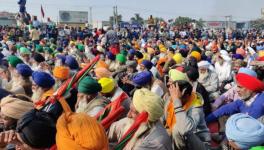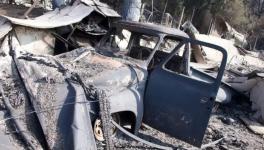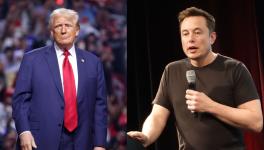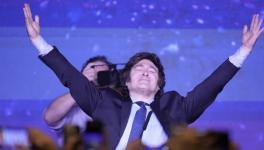The US at the OECD: Wanting the Cake and Eating It Too
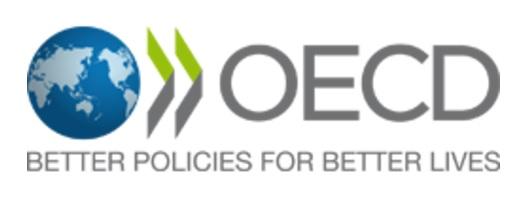
Members of the Organization for Economic Cooperation and Development (OECD), the rich country economic group, at their annual meeting in Paris on 8 June, failed to reach consensus on trade, investment, and climate change because of opposition from the United States that insisted on its own language which was not acceptable to others, people familiar with the development told SUNS.
The US, mainly responsible for creating the OECD from its post-war Marshal Plan reconstruction program in Europe, was at logger heads with all other members of the OECD on how to proceed on global trade, investment, and climate change, according to some participants.
In what seems to be a kind of nemesis catching up with its own earlier neoliberal global trade and economic agenda, the US turned its back on the policies it had foisted on other countries over the last seven decades, a European minister said.
Consequently, the chair for the ministerial conference, Anders Samuelsen, the foreign minister of Denmark, issued a statement on his own responsibility on international trade, investment and climate change which reflected the views of all other members except that of the US.
Minister Samuelsen said there is "recognition that trade is an engine for economic growth, job creation and welfare, and we confirm the importance of international investment and free flow of capital."
He suggested that members, except the US, agreed "the need to stimulate trade by focussing on reducing trade barriers and costs, without lowering international standards, including through trade facilitation and collaboration."
Ministers attending the OECD meeting also concurred with the chair "for urgent, collective and effective action in order to address overcapacity across all affected sectors, including steel, aluminium and shipbuilding."
There is near consensus, according to the chair, among OECD members barring the US, "on the importance of a strong commitment to rules-based free international trade and investment so that firms are able to compete in an open market on an international level playing field."
Further, (there is near consensus on) "the importance of ensuring a rules-based, transparent, non-discriminatory, open and inclusive multilateral trading system with the WTO at its centre, to ensure a level playing field for trade in goods and services."
In a sharp response to the chair's statement, the US said it "believes that free and fair trade and international investment can lead to economic growth and job creation."
"At the same time, we acknowledge that trade has not always worked to the benefit of everyone, given that unfair trade practices on the part of some countries disadvantage workers, farmers, ranchers, and businesses in global markets and can result in large, persistent trade imbalances," the US argued.
The US said it has stressed "the importance of achieving access to markets through the elimination of barriers and unfair trading practices."
"Accordingly, we support the removal of trade-distorting practices such as dumping, discriminatory non-tariff barriers, forced technology transfers, non-economic capacity, subsidies and other support by governments and government-controlled or -owned institutions that distort markets, so as to foster a truly level playing field," the US said.
Washington said it acknowledges "the right to use World Trade Organization (WTO)-consistent trade remedies to tackle such practices and enforce our rights."
The US said it "recognizes the importance of international trading systems, including WTO-consistent trade agreements."
"We also commit to working with other Members to improve the functioning of the WTO, to ensure full and transparent implementation and effective and timely enforcement of the WTO agreements as negotiated and to make the utmost efforts to achieve a successful 11th WTO Ministerial Conference," the US said.
Significantly, the US agreed with other OECD members on issues such as "competition, market failures and corporate governance," "tax", "digitization", and "illicit trade and corruption."
Disclaimer: The views expressed here are the author's personal views, and do not necessarily represent the views of Newsclick.
Get the latest reports & analysis with people's perspective on Protests, movements & deep analytical videos, discussions of the current affairs in your Telegram app. Subscribe to NewsClick's Telegram channel & get Real-Time updates on stories, as they get published on our website.











